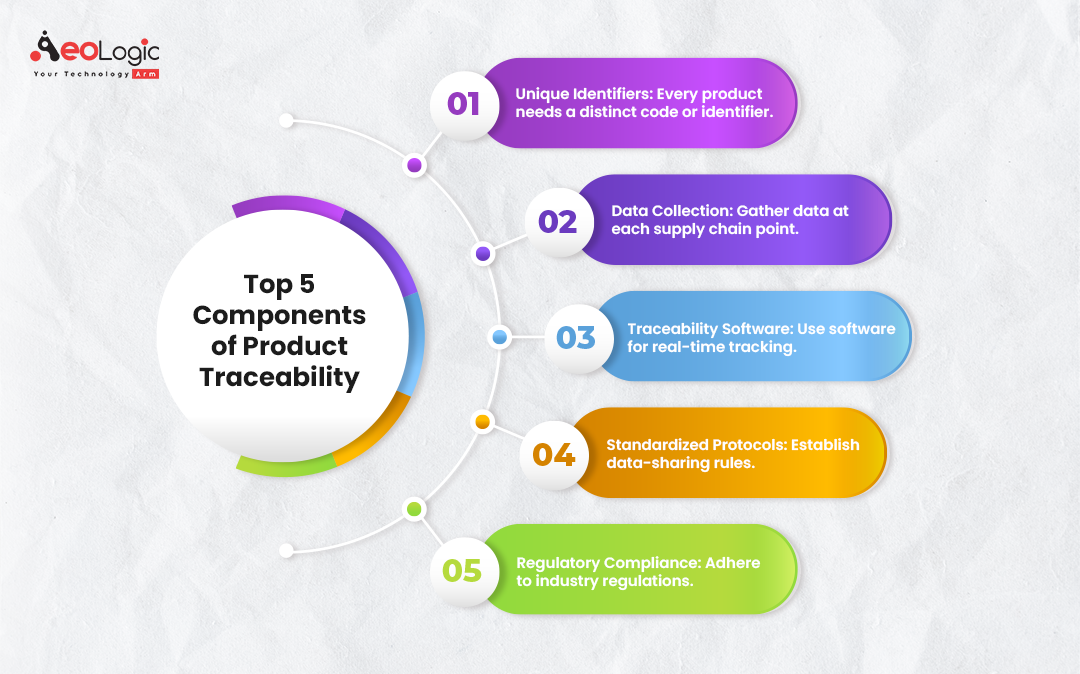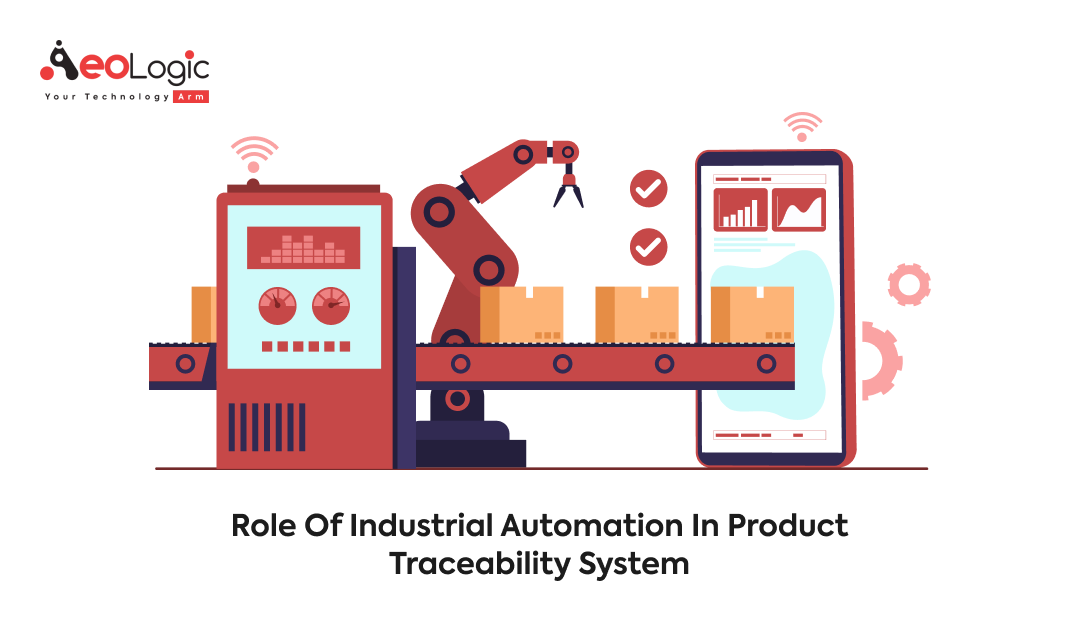Welcome to a world where efficiency meets reliability! In the age of technological advancement, industrial automation in product traceability is not just a fancy term; it’s a game-changer. This article delves into how industrial automation revolutionizes the way products are tracked from their origin to the consumer, ensuring quality and accountability at every step. With the integration of sophisticated technologies and innovative systems, the role of industrial automation in enhancing product traceability cannot be overstated. It’s a critical component in today’s fast-paced, demand-driven market where both transparency and efficiency are paramount.
What is Product Traceability?
Definition and Importance: Product traceability refers to the ability to track and trace the history, application, or location of a product. This system is essential in industries like food, pharmaceuticals, and manufacturing for ensuring quality control, safety, and compliance with regulatory requirements.
Key Components: It involves meticulous recording of information such as the origin of raw materials, manufacturing processes, distribution channels, and the final destination of the product. In a world where consumers are increasingly conscious about the products they use, this transparency is not just a regulatory requirement but also a competitive advantage.
Top 5 Components of Product Traceability

Boost your business performance with our automation solutions!
The Statistical Edge: Why It Matters
- Impactful Numbers: According to Grand View Research, the global traceability market size was valued at USD 14.2 billion in 2019 and is expected to grow at a CAGR of 8.7% from 2020 to 2027. This impressive growth highlights the escalating importance of traceability in industries globally.
- Reducing Risks: Enhanced traceability minimizes risks such as product recalls, which can cost companies millions and damage their reputation. It’s not just about compliance; it’s about building a brand that consumers trust.
Industrial Automation in Product Traceability
Sustainability Factor
The integration of industrial automation in product traceability not only enhances efficiency but also significantly bolsters environmental sustainability. By optimizing manufacturing and distribution processes, these systems help in reducing waste and resource consumption, contributing to a more sustainable industrial landscape.
A Greener Future
Automated traceability systems are pivotal in ensuring responsible sourcing and usage of materials. They enable companies to track the environmental impact of their products throughout the supply chain, ensuring that their products are not only of high quality but also environmentally conscious. This is increasingly important in a world where consumers and regulators are more environmentally aware.
Reducing Carbon Footprint
Another key aspect is the reduction in the carbon footprint of manufacturing and distribution processes. Automation leads to more efficient use of energy and resources, thereby decreasing greenhouse gas emissions. This is crucial in the fight against climate change, as industries look to adopt greener practices.

Enhanced Recycling and Reuse
With precise tracking of materials, industrial automation aids in better recycling and reuse strategies. Products and components can be more effectively sorted and recycled, minimizing the need for new raw materials and reducing the environmental impact of production.
Promoting Eco-Friendly Products
By providing detailed information about the sourcing and manufacturing of products, these systems enable consumers to make more environmentally responsible choices. This consumer empowerment is a significant step towards a market that favors eco-friendly products and practices.
Also Read: The Future of Big Data in Automation Industry
Case Studies: Success Stories
- Real-World Applications: Many companies have successfully implemented industrial automation in product traceability. For instance, a leading automotive manufacturer employed automation to track parts in real-time, significantly reducing errors and improving production efficiency.
- Measurable Outcomes: These implementations show not just improvements in efficiency and cost-saving, but also in customer satisfaction and compliance with regulations. Companies have reported a noticeable reduction in recall rates and improved response times in addressing product issues.
Industrial Automation in Product Traceability
- Sustainability Factor: This approach not only bolsters efficiency but also promotes sustainability. By optimizing processes and reducing waste, companies are making strides towards environmental conservation.
- A Greener Future: Automated traceability systems assist in the responsible sourcing of materials, ensuring that products are not just high quality but also environmentally friendly. This is increasingly important in a world where consumers are more environmentally conscious.
Challenges and Solutions in Implementing Automation
Implementing industrial automation in product traceability, while beneficial, poses challenges such as high initial investment costs and the need for skilled personnel to manage and maintain these systems.
Solutions include phased implementation strategies, training programs for staff, and exploring government incentives or grants for technology upgrades. Collaboration with technology providers for customized solutions can also ease the transition.
Also Read: How AI is Improving Agriculture Sustainability in India
The Future of Industrial Automation in Product Traceability
- Evolving Trends: The future is poised for exciting developments like the integration of AI, machine learning, and blockchain technology in traceability systems. These technologies promise even greater accuracy, efficiency, and security in tracking.
- Staying Ahead: Companies that adopt and adapt to these advancements will lead the market, ensuring unparalleled product integrity and heightened consumer trust. It’s an investment not just in technology but in the future of the business itself.
Also Read – Digital Adoption Advantages for Manufacturers
Final Words
Industrial automation in product traceability is not just a technological advancement; it’s a commitment to transparency, quality, and sustainability. As we move forward, embracing this change will be pivotal for businesses aiming to thrive in an increasingly aware and connected world. The role of industrial automation in product traceability is more than just a functional necessity; it’s a strategic asset that can redefine how businesses operate and how consumers perceive products.
To explore the vast potential of automation for business further and to craft a tailor-made solution for your enterprise, reach out to the experts at Aeologic Technologies. Let’s shape the future, together.






